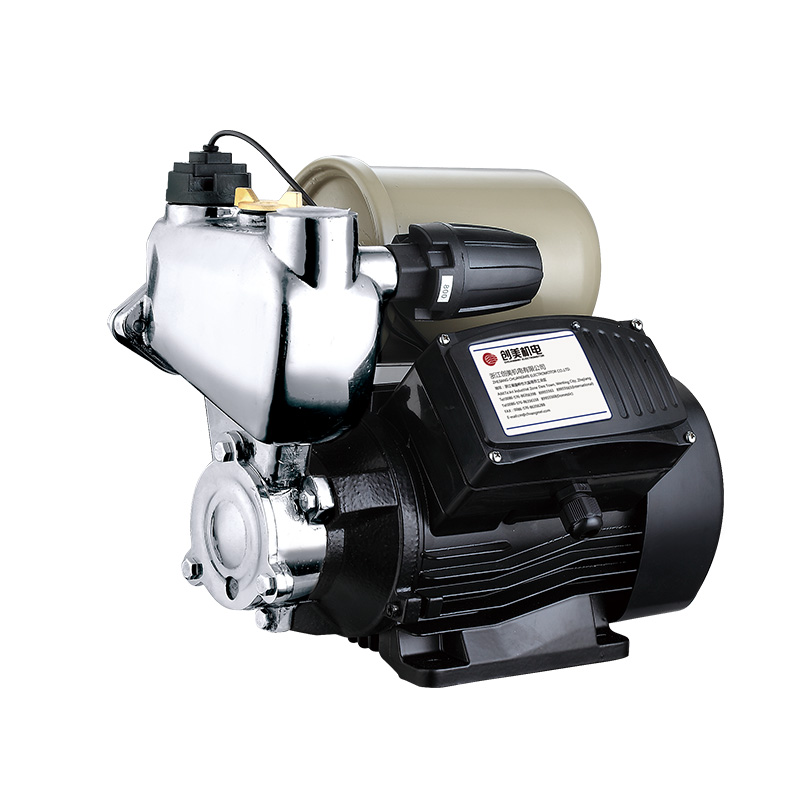Modern water systems demand reliable, efficient, and long-lasting equipment. Two commonly discussed components in these systems are the Stainless Steel Deep Well Pump and the Stainless Steel Self-Priming Centrifugal Pump. Both serve different purposes but are united by the material they are constructed from—stainless steel, chosen for its performance, strength, and corrosion resistance.

The price of a Stainless Steel Deep Well Pump can vary significantly, depending on several factors. While initial cost is often the consideration for buyers, understanding what contributes to the final price helps in making informed purchasing decisions.
One of the key factors affecting the price is pumping capacity. Pumps that can move larger volumes of water or operate at greater depths typically cost more. Deep wells may require pumps with higher horsepower and multi-stage designs to ensure consistent water flow from underground aquifers. The engineering required for such performance is reflected in the cost.
Material quality is another major determinant. Stainless steel itself comes in various grades, such as 304 or 316, each with different levels of chromium and nickel, which affect corrosion resistance and strength. Pumps made from higher-grade stainless steel generally come at a higher price due to their enhanced durability and performance in challenging environments.
The inclusion of advanced features like built-in pressure controllers, thermal protection, or variable speed settings also impacts pricing. These features improve efficiency and ease of use, especially in complex water systems.
From a manufacturing standpoint, brand reputation and country of origin can also influence pricing. Products from established manufacturers may cost more due to their track record for quality and after-sales support.
Corrosion resistance is one of the standout properties of stainless steel, and when it comes to a Stainless Steel Self-Priming Centrifugal Pump, this characteristic is central to its functionality and longevity. In environments where water or other liquids may contain corrosive elements, this pump type offers strong performance while maintaining structural integrity over time.
The self-priming centrifugal pump is designed to handle liquids that may include small particulates, air, or mildly corrosive substances. The use of stainless steel, particularly grades such as 316, enhances its ability to withstand a wide range of pH levels, salts, and chemicals. This makes it especially valuable in sectors like agriculture, food processing, marine applications, and wastewater management.
The corrosion resistance of these pumps also reduces the likelihood of internal degradation. Because the pump's components are constantly in contact with water or other fluids, using a corrosion-resistant material like stainless steel helps maintain consistent performance. This fewer interruptions, a lower risk of leaks, and greater energy efficiency over time.
From a maintenance perspective, stainless steel’s resistance to pitting and rust simplifies cleaning and upkeep. Users don’t need to worry about frequent replacements or surface treatments. This is particularly important in industries where hygiene and cleanliness are priorities, such as beverage manufacturing or pharmaceutical processing.
The self-priming feature of the pump also adds value by reducing startup effort and ensuring quick operation, even when the system isn’t fully primed. In corrosive environments, this reduces stress on the motor and impeller, further contributing to long-term reliability.
Ultimately, the Stainless Steel Self-Priming Centrifugal Pump offers a balance of performance and durability. Its corrosion resistance supports its role as a dependable and low-maintenance component in modern fluid-handling systems, adding lasting value in both commercial and industrial applications.